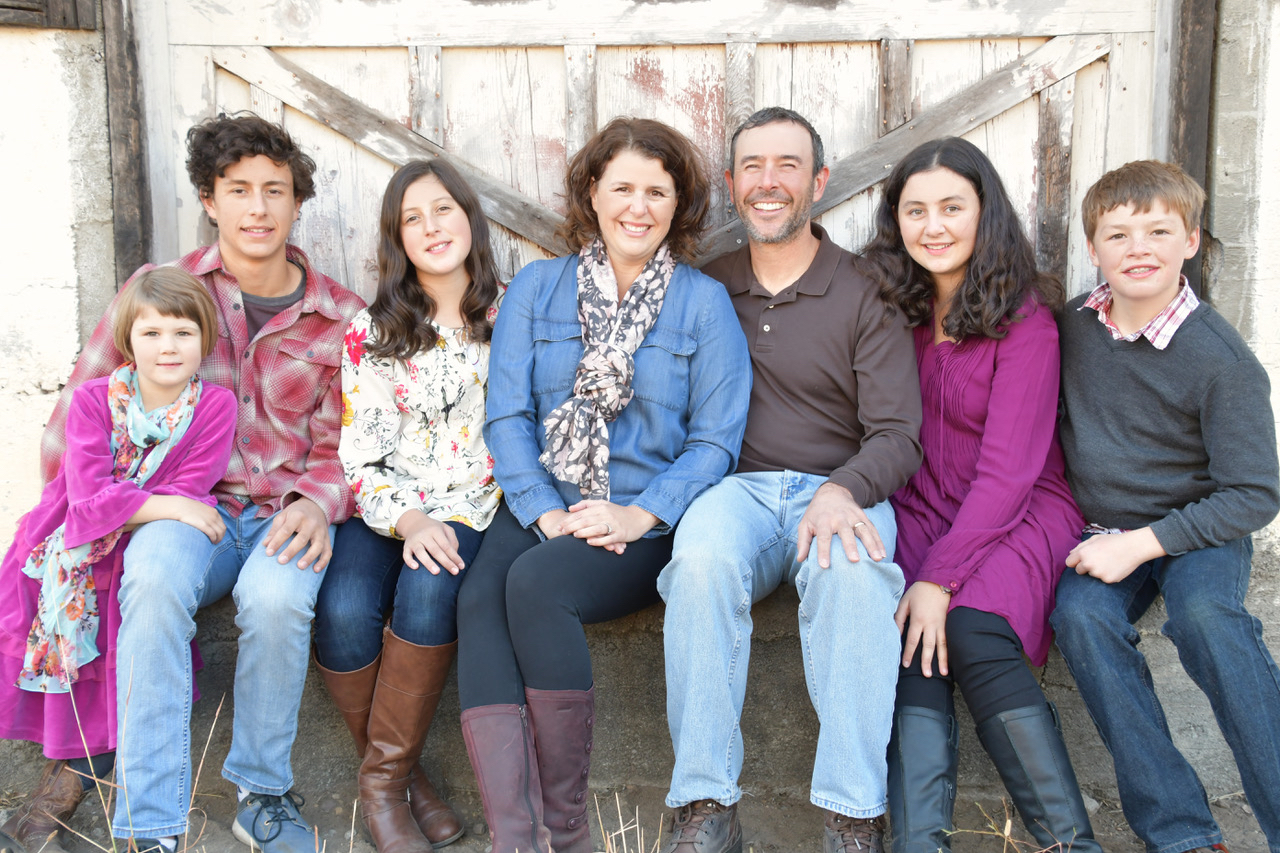
 I remember the moment clearly, now several years past, when I clicked the “Buy now” button to secure my 7th grade son’s first seat in an online classroom.
I remember the moment clearly, now several years past, when I clicked the “Buy now” button to secure my 7th grade son’s first seat in an online classroom.
I was instantly fearful. I’d just spent a lot of money on what might be a total dud. A real teacher was going to teach my child “in-real-life” through the computer? How was that supposed to work? What if the teacher was boring, incompetent or unorganized? Was this going to be another version of the many tried-and-failed, self-paced computer classes that we’d bought in the past, only to quit by late November?
Nevertheless, the promise of “synchronous” teaching was intriguing, as was the classical methodology— a teaching philosophy that I’d always aspired to as a homeschooling mother, but never could quite pull off in the midst of caring for toddlers and livestock and home businesses.
The fact was, I was burned out and needed help. With five children at home, including an infant and a farm to run, my seventh grader was in desperate need of what I could not provide.
So, despite my reservations, I pressed the “Buy now” button and off to online school my son went.
Today, I often use words like “life altering” and “game changer” and “how-did-I-ever-survive-before” to describe what happened next.
In this 2019-2020 school year, four of my five children are or have been Wilson Hill Academy students. Three are currently in high school and plan to graduate. My youngest, age seven, is eagerly awaiting her turn to join the ranks of her siblings’ alma mater.
The academic experience has exceeded all of my expectations. However, this was not the most surprising part of our WHA experience. One would hope, or even expect, that a private, classical academy would produce good academic results.
No, what has most surprised me about the Wilson Hill experience is the deep community that my kids have found there. This I was not expecting. Nor did I even realize how much they needed it.
My kids, in every sense, feel that Wilson Hill Academy is their school. When asked “Where do you go to school?” my kids say, without missing a beat, “Wilson Hill Academy”—as if everyone on earth knows exactly what that means.
They no longer say that they are “homeschooled,” for, in fact, they are not.
In the evenings when our family gathers all cozy on couches around the wood fire to debrief about our day, my husband always asks, “So how was school today?” He asks about specific teachers and classes that we have all come to know. What music did Mrs. Pepin play today? Did she explain those problems that gave you trouble? How did Mr. Bradley like your speech?
He asks, not because he’s simply a dutiful dad, but rather because both of us are genuinely interested by all that our kids have to say about what happened “in school.” We want to hear what joke Mr. Etter made, who responded to their discussion board and whether they agreed with it or not, how the debate in Mr. Colvin’s class went and who they thought won, and on and on our conversation goes.
Somehow, without knowing quite when or how, we have all become part of this community. I confess that I never thought we would find such an experience through an online school, but we have.
The WHA staff have found a way to transcend thousands of geographical miles and this new-fangled computer-classroom and make students feel known, seen, valued, and connected. It is the most precious and unexpected gift.
This experience is not unique to my family.
We are fortunate to have a cluster of about eight Wilson Hill Academy high school students in our small town (because word gets out…). Last week, I was talking with our youth pastor who hosts an after-school gathering for students. He commented to me “I have about thirty students here after school, and all of them sit around and talk about what happened at school that day. And the Wilson Hill kids do the same. They talk about their school as if it’s located down the street, and I think a lot of their public school peers think that Wilson Hill Academy must be an actual building in our town!”
What I observe in my kids is that being a student at WHA is kind of like being part of a secret society. They have these inside jokes, and they share a culture. It comes out clearly when they attend their house meetings, and often in what I hear them saying about the casual chatter between students and teachers. Going to class is actually like going somewhere. They feel known, included, and like they belong to something.
My kids have a “real school” that they feel is their own. When I pushed that “Buy now” button those many years ago, I was simply hoping to find someone to do a decently good job teaching my son the Great Books, a task that was beyond my ability at that time.
What we received was certainly that, but so much more!